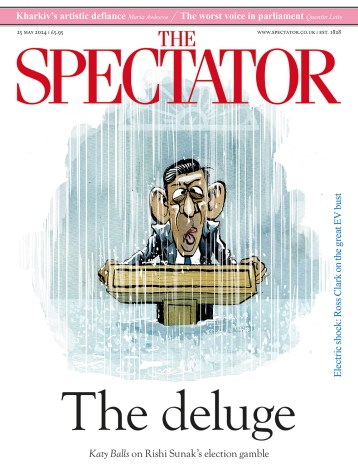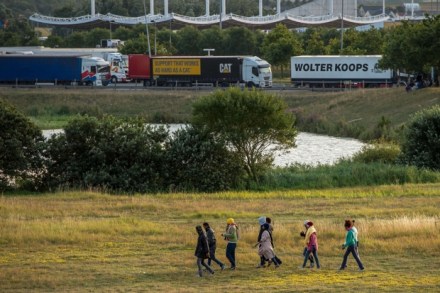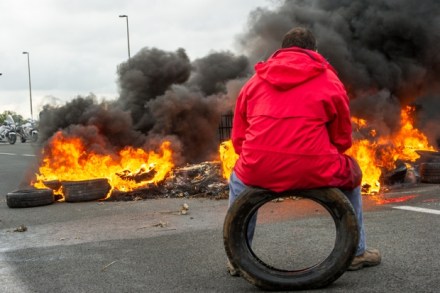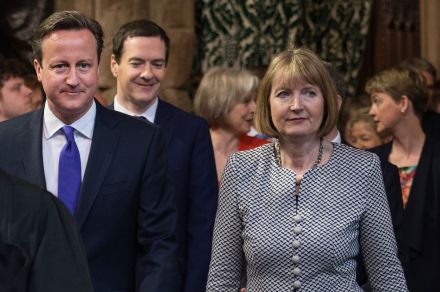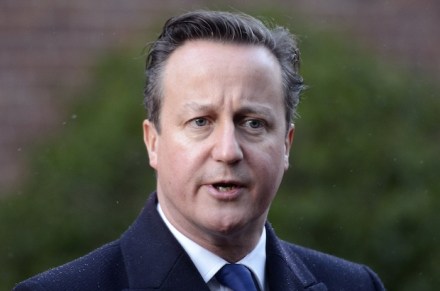Barometer | 13 August 2015
Caught working The government announced a crackdown on illegal workers. How many illegal workers are caught in Britain? — From October to December last year, 716 illegal workers were caught, 337 in London and the south-east. Among those caught were restaurant workers in Chinatown, a takeaway worker in Norwich, a fish-and-chip shop worker in Lincoln and a shopworker with sideline in counterfeit tobacco in the Forest of Dean. — In the four years to 2010, 349 were caught working in government departments, councils and the NHS, including 12 in the Home Office. One was caught after spending 19 months working as a security guard, opening the door for ministers and

